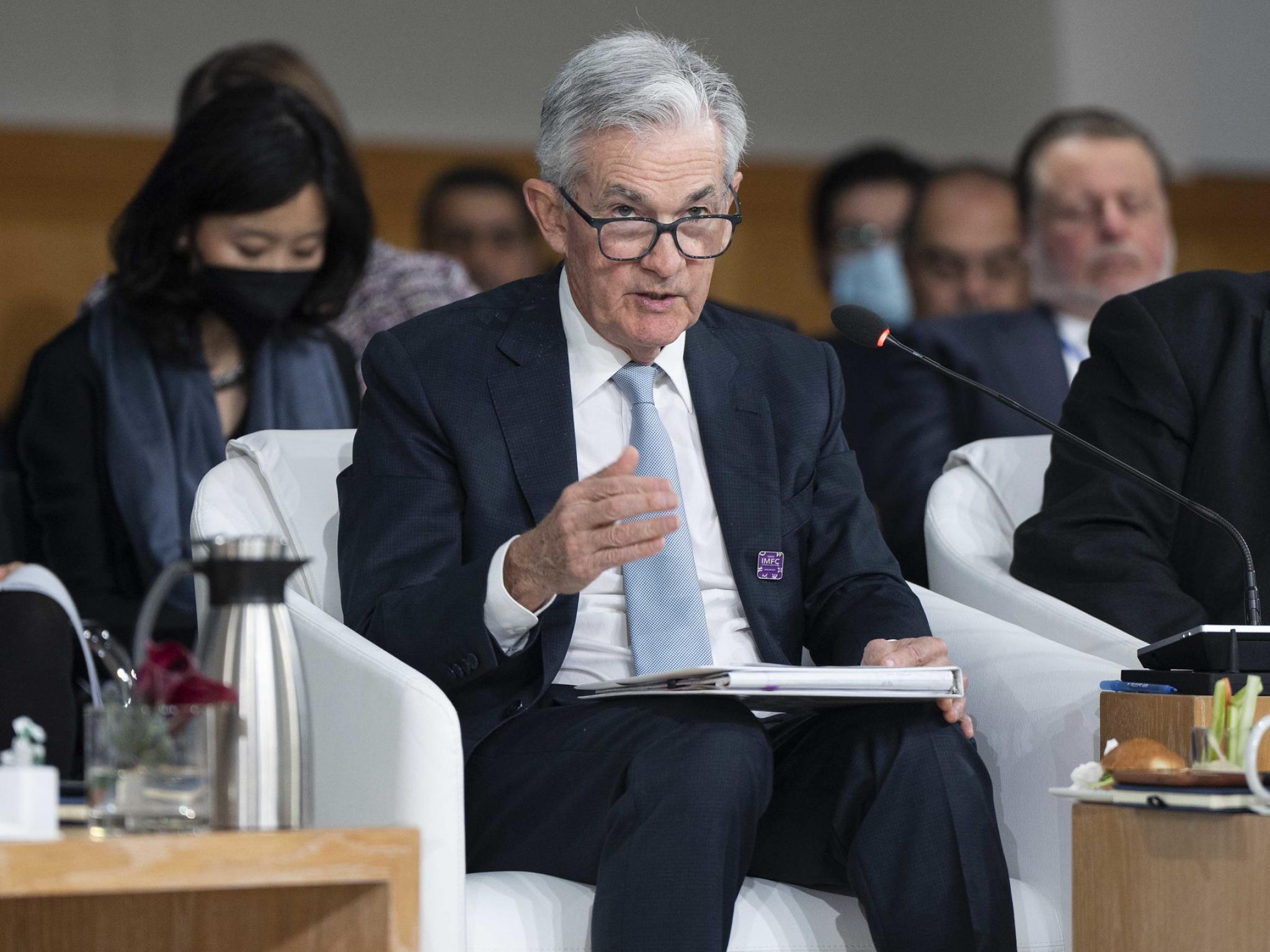
The Chair of the Senate Committee on Banking, Housing, and Urban Affairs, Sherrod Brown, has sent a letter to Federal Reserve Chair Jerome Powell, reminding him about the central bank’s dual mandate and asking him not to forget his responsibilities to promote maximum employment.
“For working Americans who already feel the crush of inflation, job losses will make it much worse. We can’t risk the livelihoods of millions of Americans who can’t afford it. I ask that you don’t forget your responsibility to promote maximum employment and that the decisions you make at the next FOMC meeting reflect your commitment to the dual mandate,” Brown wrote in the letter.
Also Read: Investing For Beginners
Fed Meet: The Senator’s letter comes a week before the Federal Reserve is scheduled to announce its monetary policy. Expectations are that the central bank will hike its policy rate by 75 basis points, but noted market experts have been increasingly voicing their concerns about how the Federal Reserve has been overdoing its fight against inflation.
Stocks and bonds have equally been hammered by the Fed's actions and projections of their future policy path. The SPDR S&P 500 ETF Trust (NYSE: SPY) has lost over 19% since the beginning of 2022, while the Vanguard Total Bond Market Index Fund ETF (NASDAQ: BND) has shed over 16%.
Working Class: Brown explained how a family’s “pocketbook” needs have little to do with interest rates, and potential job losses brought about by monetary over-tightening will only worsen matters for the working class. He argued that upper-income households could better protect their wealth during economic downturns and seize future wealth-building opportunities when the economy recovers, while lower-income families have fewer resources to mitigate unemployment and less wealth to accumulate assets and realize gains during a recovery.
“Due to this disparity, inflation and recessionary job losses increase the gap between upper- and lower-income households and widen the divide between racial groups,” Brown said.
The Senator also observed how higher interest rates and borrowing costs had not led companies to bring down prices. “Big corporations in concentrated industries have exploited this inflationary environment, increasing consumer costs and earning higher profit margins than before,” he said.
Photo courtesy: International Monetary Fund on Flickr







